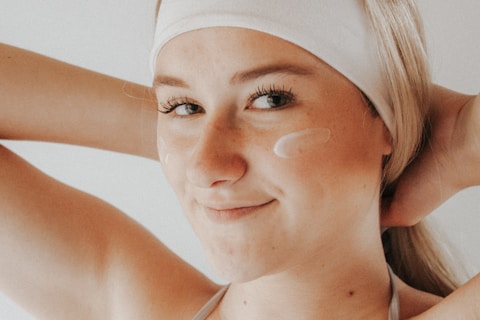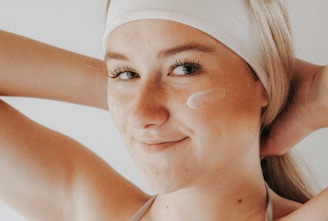Acne
Acne is a common skin condition that affects many people, especially during adolescence. It is characterized by the presence of pimples, blackheads, and whiteheads on the face, chest, and back. The causes of acne can vary, including hormonal changes, excessive oil production, and bacteria buildup in the pores. Thankfully, there are several effective treatments available to combat acne.
These may include over-the-counter creams and cleansers containing ingredients like benzoyl peroxide or salicylic acid, which help to unclog pores and reduce inflammation. In more severe cases, a dermatologist may prescribe oral medications or topical creams with stronger ingredients such as retinoids or antibiotics.
Additionally, lifestyle factors such as maintaining a healthy diet, practicing good skincare habits, and avoiding excessive sun exposure can also play a significant role in preventing and managing acne.
Causes of acne
The exact cause of acne is unknown, but it is thought to be caused by a combination of factors, including:
Hormonal changes: Acne is most common during puberty because of the increased levels of androgen hormones, which can stimulate the production of sebum (oil).
Genetics: Acne can run in families.
Diet: Some people believe that certain foods, such as chocolate, dairy products, and sugary drinks, can trigger acne. However, there is no scientific evidence to support this claim.
Stress: Stress can worsen acne symptoms.
Certain medications: Some medications, such as steroids and lithium, can cause acne.
Treatments for acne
There are a variety of treatments available for acne, depending on the severity of the condition. Mild acne can often be treated with over-the-counter medications, such as benzoyl peroxide or salicylic acid. More severe acne may require prescription medications, such as antibiotics or retinoids.
How to reduce acne scars
Acne scars can be difficult to treat, but there are a number of things that can be done to improve their appearance. Some treatments that may be helpful include:
Topical treatments: There are a number of topical treatments that can help to reduce the appearance of acne scars, such as retinoids, glycolic acid, and vitamin C.
Laser therapy: Laser therapy can be used to resurface the skin and improve the appearance of acne scars.
Microdermabrasion: Microdermabrasion can be used to remove the top layer of skin and reveal smoother, newer skin underneath.
Chemical peels: Chemical peels can be used to remove the top layer of skin and improve the appearance of acne scars.
Natural treatments for acne
There are a number of natural treatments that may be helpful for acne, including:
Tea tree oil: Tea tree oil has antibacterial and anti-inflammatory properties that may be helpful for treating acne.
Apple cider vinegar: Apple cider vinegar has been shown to be effective for reducing inflammation and killing bacteria.
Honey: Honey has antibacterial and anti-inflammatory properties that may be helpful for treating acne.
Oatmeal: Oatmeal can help to absorb excess oil and reduce inflammation.


What is Acne?
BOOK A CONSULTATION






